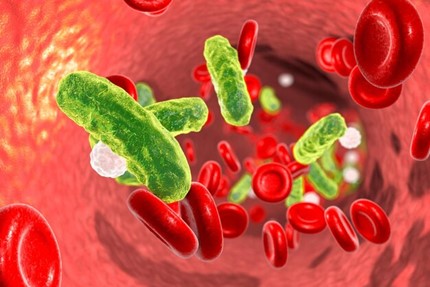Rheumatoid arthritis (RA) is a persistent inflammatory condition affecting joints and other body tissues, characterized by an autoimmune response where the immune system erroneously attacks healthy cells. This results in pain, stiffness, swelling, and reduced mobility in joints, particularly in the hands and feet. RA can also impact organs like the lungs and heart, contributing to complications beyond joint discomfort.
While RA lacks a cure, various treatments aim to manage symptoms and improve quality of life. Understanding the condition and available therapies is crucial for effectively coping with its challenges and maintaining an active lifestyle. Here are key insights into RA:
Symptoms of Rheumatoid Arthritis:
- Persistent pain, stiffness, and swelling, often in a symmetrical pattern.
- Reduced range of motion and difficulty performing daily activities.
- Fatigue and occasional fever may accompany joint symptoms.
Causes of Rheumatoid Arthritis
- Genetic Factors plays a role in predisposing individuals to RA.
- Factors such as smoking and exposure to certain infections may trigger autoimmune responses.
- Immune system dysfunction leads to chronic inflammation and joint damage.
Diagnosis of Rheumatoid Arthritis
- Physical examination to assess joint tenderness, swelling, and function.
- Blood Tests to detect markers like rheumatoid factor (RF) and anti-cyclic citrullinated peptide (anti-CCP) antibodies.
- X-rays and MRI scans to visualize joint damage and assess disease progression.
Treatment Options for Rheumatoid Arthritis
- Medications
- Exercises to improve joint flexibility, strength, and overall function.
- Joint replacement surgery in severe cases to restore mobility and reduce pain.
Living with Rheumatoid Arthritis
- Lifestyle Management: Adopting a balanced diet rich in anti-inflammatory foods, regular exercise to maintain joint health, adequate rest to manage fatigue, stress reduction techniques like yoga or meditation, and using assistive devices to ease daily activities.
Living with RA requires ongoing management and collaboration with healthcare providers to tailor treatments to individual needs. By staying informed, actively participating in treatment decisions, and maintaining a supportive network, individuals can effectively manage RA symptoms and lead fulfilling lives despite the condition’s challenges.







